




02
NOTE ON SERENDIPITY
03
CO-EDITOR STATEMENTS
09
ANNISA AZHAR THE POWER OF E-MOTION: A LOVE LETTER TO CARLY RAE JEPSEN
15 FRIENDS I’VE MADE THROUGH TALKING ABOUT MUSIC (AND HOW YOU CAN DO IT TOO)
FINCH STRUB
21
LADY LUCK IN LOST MUSIC: THE TRIALS AND TRIBULATIONS OF ARCHIVING AYA KOBAYASHI
29 A DEMO MAGAZINE SURVEY CARE TO LEND AN EAR?
05
SCIENCE, LOVE, SIOUXSIE SIOUX, AND OTHER THINGS MY DAD TAUGHT ME
RAE JOHNSTON
11
‘YOU CAN’T TELL, BUT I’M NOT REALLY HERE’: AN ODE TO 6DOGS
ANDREW YOO
17
23
07
NATHAN AGUSTIN SERENDIPITY IN LOVE
13 AND THE BEAT GOES ON
XARNAH
JEANNE POLOCHANSKY
ECOTONE ORCHESTRA V.S. UNNOWEN-NO: LIVE FROM THE GORILLA STORE
JONAH PAGE
33
CLOSING STATEMENTS
19
HOW INSTA STORIES CHANGED MY LIFE HAYDEN ZAHARY LETTING MUSIC HAPPEN
25
POST-PUNK PANPSYCHISM
DOMINIC LE
34
DESIGNER CREDITS
AN UNEXPECTED DISCOVERY OF HAPPINESS. DISCOVERING AN ALBUM THROUGH A LONG, LOST FRIEND. DRUNKENLY STUMBLING UPON YOUR NEW FAVORITE BAND AT A BAR. HEARING YOUR NEW FAVORITE SONG PLAYING AT YOUR LOCAL SUPERMARKET. SERENDIPITY REPRESENTS THE MUNDANE, SMALL THINGS IN YOUR LIFE THAT YOU SOMETIMES FAIL TO NOTICE UNTIL YOU THINK ABOUT IT DEEPLY, REALIZING THAT SOMETHING SEEMINGLYINSIGNIFICANTSHAPESANDMOLDSTHE TRAJECTORY OF WHO YOU ARE. IN DEMO, WE EXPLORE SERENDIPITY IN MUSIC—ELEMENTS OF RANDOM CHANCE THAT DEFINE YOUR RELATIONSHIPWITHMUSICANDHOWTHATBLEEDS INTO EVERY ASPECT OF YOUR LIFE. FROM STORIES OF MICROSCOPIC PERSONAL ANECDOTES ALL THE WAY DOWN TO THE VERY NATURE OF MUSIC IN ITSELF, SERENDIPITY IS WHAT DEFINES AND NURTURESMUSIC.






Wow, so this is what it feels like? A 36-page magazine under our belt and yet, this year rings a bit different. Perhaps it’s the catharsis from formulating and actualizing a conceptual work, the latent fulfilment from a totality’s grandeur! Though, I shouldn’t get ahead of myself. No matter how you cut it, this year was ironically rough for “the year of serendipity“ (for evidence, please visit my article). As Aya and I strayed from each other due to personal obligations, the crumbling of the YooKobayashi dynasty felt palpable. Hopeless and forlorn, I shook my fist at the sky, asking, no demanding, the Serendipity I was entitled to. ... Is it too late to mention I have a flare for the melodramatic? In all seriousness, this issue is a celebration of the little things we forget to appreciate. I’m going to sound corny and honestly, what of it? The absence of Serendipity (i.e., actual academic rigor and a minimumwage job), only reinvigorated my belief in a life outside the 4 walls of Innis ‘Deluxe’ Screening Room. Since my hard-launch as co-editor mid-semester of 2022-2023, Demo has been my serendipity. As a proverbial refuge for variable music nerds to express themselves freely and yammer days on end, I find myself lucky to even witness it. Sure, it’s work, but it’s work that matters. This isn’t a 3000-word political science paper that’ll be mass-deleted after grading, these are real opinions, real feelings, real people. Never would I have imagined myself as a student leader at UofT, but with mere weeks ‘till my ‘retirement,’ here I find myself willing to do anything for anyone willing to take a chance on two over-ambitious Political Science majors. Thank you so much, Aya for taking a chance on me. You saw a potential that I couldn’t fathom and pushed me to be the best iteration of myself I could be. To think we constituted a dynasty, a friendship that has outlasted the arduous test of working together - it’s something I’d do all over again. To our future: Jonah, Hayden, Jane, and Finch, we appointed you because we wholeheartedly believe y’all will lead a wonderful new chapter of Demo (p.s., you are allowed to submit the mag 1-2 weeks late, it’ll still be Nicole’s problem). To our Hart House family: Ethan, Juni, Nicole, Kez, Helner, and Demi, thank you for being the best friends I could’ve asked for and being patient with our erraticness! Finally, thank you to all the writers, photographers, designers, and most importantly, friends of Demo for allowing us to do what we do. I sincerely hope, from the bottom of my heart, that you have found value in yourself or your work because everyone deserves a lil serendipity in their lives.
4th year, Co-Editor-in-Chief








The feeling of organizing a magazine is always new, no matter how many times I've done it (to be fair, I've only done it twice, but hey, you learn as you go). Even if I have the past to look to when I feel lost, the pressure is always there. Follow up: reply when you can. Where's 'x' or 'y' and when are you going to send it to us? How's it going? We're worried. The key difference is that I'm a different person despite it only being a year since. There are twelve months' worth of new memories, experiences, struggles, and circumstances that beget my current life, yet one of the constants that remain is my involvement with Demo.
This issue is personal. It tells the story of our lives and how that intertwines with music. To me, that relationship has been entrenched with Demo, and if I were to go back in time to change things, I would leave this chapter in my life unscathed. These little happenstances have the power and driving force to change your life, and as cheesy as it sounds, being a part of Demo has changed mine drastically. To glue yourself to the myopia of “what ifs” is often a waste of time, but whenever I think about a scenario where I had turned Eram and Marina’s offer down to become co-editor, I doubt the trajectory of my life would’ve gone in the way I had hoped—no, dreamed—it would be.
Thank you so much, Andrew, for being with me for a second time. I couldn’t have imagined anyone to co-edit Demo with, and I know in my heart that we will still talk in all-caps about deadlines, life events, and all things Demo despite graduating from UofT. To Hayden, thank you so much for your efforts this year. You made things a lot easier on our end. Jonah, Jane, and Finch, you’ll do amazing next year. Each of you has a varying set of skills that will surely add a new type of flavor to the Demo that was under Andrew and I. To the writers, designers, photographers, and personnel who made this issue tangible and palpable, I hope you know that your efforts are the backbone of Demo. To the Hart House Music Committee members—namely, Nicole, Demi, Ethan, Helner, Kez, and Juni thank you for always keeping up with us and giving us a constant barrage of emotional support, even though we’re not the best at meeting deadlines. Lastly, thank you, the readers, for deciding to read Serendipity. I hope you find your serendipity through us, Demo
4th year, Co-Editor-in-Chief



There is nothing in the world my father loves more than watching me grow up. Here I am, all 5’7 of me, evolving to a state beyond that which he could have ever dreamed before I existed.
He wakes up in disbelief that he is a father, that I am real. That miracles can happen to him and I am one.

So many obstacles to my existence, so many things that could have halted my conceptualization in its tracks.
I am here, I am alive, I have gone from his tiny baby that could fit in his arms and knew nothing of the world to this grown woman who wants to learn everything and lives miles away just to chase the everything.
The radio’s on and my father is singing

My hungry child eyes that would sit at his side, scanning the car radio, waiting for his cue, “Oh, I like that one” as the snippet of song plays.



The Beatles, Nirvana, Blondie, Siouxsie Sioux, Pop Will Eat Itself
And my soft sponge brain is leaning into the speaker, world hungry and desperate for sounds, soaking in words and melodies and learning what my voice could recreate
And my father, I’m sure he remembers these days

Learning like they could teach me just as much as my father did every time he spoke
“How do you know this song?”


Those car rides to school, sorting laundry with him, watching him work, playing board games, always a song in the background


But somehow my father lives in disbelief, and when I sing these songs, he always says these words:



a poem by rae johnston i love you papa








Lyrics that he recalls from clubs in the nineties spilling from the lips of his daughter, his flesh and blood, some thirty years later
Always shock, always surprise, as though I could forget these words that I swallowed like gospel simply because he cared about them and he was my dad, my hero, the strongest thing I knew. How could I forget them?

Time passes, years go by since those car rides to school and our car radio scanning and some years arrive where I can’t bring myself to sing no matter how much I want to, no matter how much my father misses his daughter’s voice and wonders how to bring me back
And when I crawled back, nails to dirt, and I started singing again and reminded the house that I was alive and breathing, it was Tears for Fears that I sang first Shout, shout, let it all out, spilling from car speakers with an eight year old in the back and ten years later, shout, shout, let it all out from the grown woman upstairs
Here is your daughter coming alive again and she is remembering how by singing the songs you taught her.
I would waste my breath on Siouxsie Sioux and Kate Bush, I would use the lungs you gave me to remember the music you played me.
You ask me how I know this song.
You ask me how I know this song
You ask me how I know this song


I’m a miracle of existence and I want to spend that miracle knowing you, dad, dad

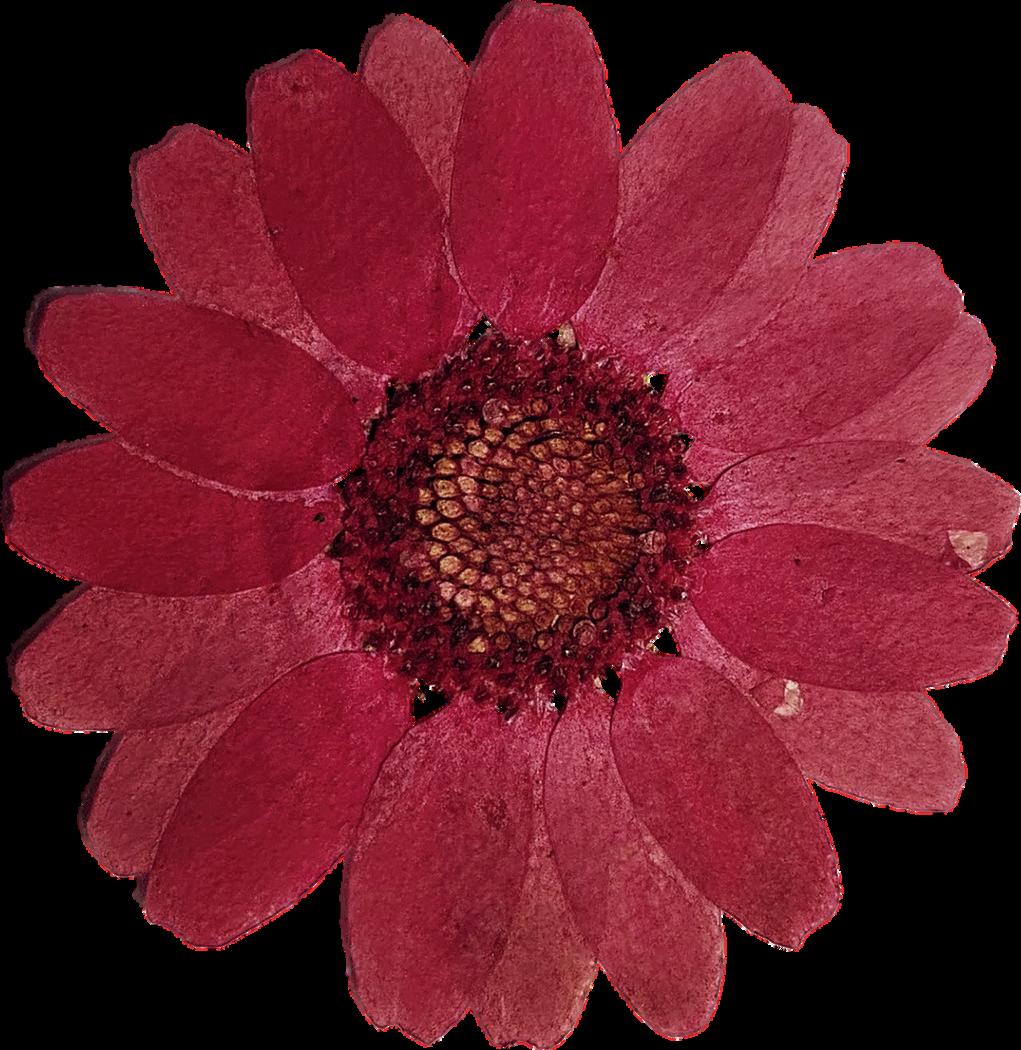


You ask me how I know Billy Joel, They Might Be Giants, The Clash, Sisters of Mercy, Because I remember, dad
How could you ever think this was just a coincidence? How could you ever think I wasn’t paying attention?
I listened every single time.

If you sang Here Comes the Sun again I would fall asleep as fast as I did twenty years ago.

You think it’s odd that I know the words to Melt With You by Modern English, that maybe it’s a tender kind of magic that music’s neverending nature carries, or a lovely message about children finding joy in the past.



That my love for After All by Dar Williams is my good taste and not yours.
You think it has nothing to do with you. Despite the tender glorious miracle of being your child, you think it’s because of some cosmic mix-up that I can sing Heart of Glass from my heart.
I think it’s because you’re my dad.
You think it’s serendipity.
I think it’s just a part of me.
















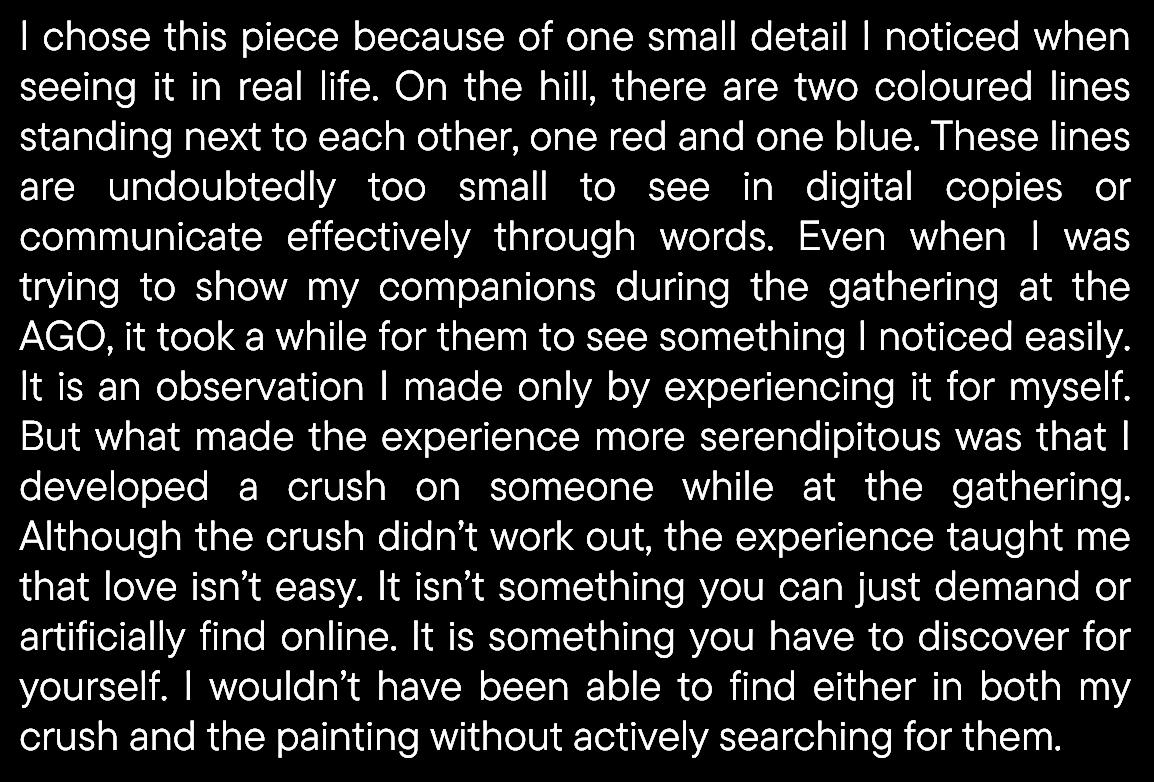







 by andrew yoo
by andrew yoo
It’s been an exhausting time to feel. As I mindlessly toil away at UofT, an intoxicating malaise has evoked an internal conflict with my secular realities - notably, the impending mortality of my parents inevitably my own Whether it’s a self-preservation instinct or an unadulterated ego, I’ve become despondent in every sense of the term. I meander and recoil at menial conversation, I don’t feel music quite the same, and the theme of serendipity, aside from its kitschy, marketable value, has ironically eluded me. For all the incessant music-cel gesturing I do as co-editor, the uncanny spirit of burnout has haunted me to no end.
In a futile struggle to snap out of this malign funk, I sought ‘homeopathic’ solutions: creature comforts like glaive, Samia, Quadeca, and Jane Remover were left on repeat as a desperate last plea, but alas, nothing hit. I was left to wonder, am I broken? Am I destined to feign a fervor, a passion for music that only occasionally was authentic? Now narratively, this should be where a Deus Ex Machina swoops in to save the day! A slick new, alternative-minded album that reinvents the wheel by some inconsequential, gimmicky means - a wholly derivative work that I would project onto as inventive. Though, I don’t think I’m the type for sunset conclusions.


His lackadaisical, droned-out delivery while, admittedly awkward, effortlessly floats on a variable soufflé of rattling hi-hats and spacey synths. Throw in a few poignant bars about how he’s “up next” and counting bands “like a motherfucking math test,” and you get a peculiar artist who was a blatant topical offshoot of the dominant SoundCloud-era but a progenitor in the cloud-rap style.



However, as I doomscrolled ancient playlists for sparks of inspiration, I happened upon “With A Fish,” a gem on Cole Bennett’s curated album All Is Yellow, which features frequent collaborator and cloud-rap icon 6 Dogs (or Chase). To most, 6 Dogs is an itch clamouring at the back of the mind, waiting to be scratched by the chorus, “Cream soda Faygo, damn, I’m still dreaming” from his seminal single “Faygo Dreams.”

Though “Faygo Dreams” has a hegemonic grip on the now-sparse 6 Dogs discourse, his 2017 self-titled mixtape is likely the best trap-adjacent project you’ve never heard. Latent hits like “Spaceship” and “No Savage” are glistening, irresistibly effervescent flex anthems with ridiculously larger-than-life wordplay. 808driven bangers like “Hearse” see 6 Dogs primally howling against the densely muddled production, panting in between breaks to get by. Through the excess of juvenile self-aggrandizing, where Chase notably claims he’ll be laid to rest in a Burberry coffin, an underlying notion of unfulfillment manifests. As the track dwindles Chase rhetorically asks “6, why are you sad a lot?”, to which he candidly retorts
“bitch, look around, how are you not?” Chase’s self-aware outlook and conviction for his unrefined craft granted him a distinctive authenticity, an inept relatability that would permeate his future projects.


Chase dropped the generational 6 Dogs at just 18 years old, setting lofty expectations for a refined, fulllength debut. However, in secrecy, Chase was engaging in mental battles greater than career prospects - notably, bipolar disorder. With the release of Hi-Hats & Heartaches, Chase adorns the cover in a tattered Gucci Pikachu shirt, blankly staring into the distance. The unwieldy 21-song tracklist lends itself to an aesthetically scattered listen, held together by the precarious threads of Pretty Pacc’s production. The once indelible, on-the-nose charm of 6 Dogs felt gutted, lost in a vapid stew of trap cadences. Despite undeniable highs like “Portals” and “Earth Bound,” Chase crashes into pronounced sonic and emotional lows that are, at the very least, harrowing listens

I’ve become intimate with this heaviness in my chest, the short capacity of my lungs, and this self-pity bullshit I supposedly overcame. Beyond the capricious, irresolute feelings that winter induces, I’m inextricably lost as, day-by-day it becomes progressively unfeasible to feign serendipity. This magazine, this theme: the unexpected discovery of joy; what’s it all for when the desire for it is all but forgone?
In a posthumously published interview with Pigeons and , Chase divulged his life at the height of the COVID-19 pandemic, positively beaming to describe his upcoming album and newfound lease on life. Boldly titled . this reprised self-titled lays bare Chase in a monochrome portrait with a twinkle in his eye. In his most cohesive and sonically-rounded work to date, long-time collaborators Daniel Hartzog and woods intricately elevated 6 Dogs’s sound to exuberant new heights.

For a brief moment on February 4th, 2021, the hip-hop world froze over as, at the age of 21, Ronald Chase Amick was pronounced dead. Fresh to the intimidating and confusing realm of adulthood and University, I already felt lost, but this fundamentally shattered me. 6 Dogs, THE artist of my late teens, that I witnessed gradually grow from a teenager himself, was just gone? Without the proper outlets to cope and an inability to recognize my mental health as anything other than inconsequential, I suffered in silence, unfairly inflicting those in the vicinity with the brunt of it. To reconfigure how one feels and reciprocates love is a nonlinear path that I continually trek. While 6 Dogs may have taken a temporary backseat to my fixations on hyperpop and indie-pop, he’s always persisted in the crevices of my mind and, of course, the occasional playlist. Though, now that I’ve recently hit the big ol’ 22, familiar aches have resurfaced.
Thank you for everything Chase - I think I’m ready to be 22.
Rest in Peace
Ronald Chase Amick (1999-2021)

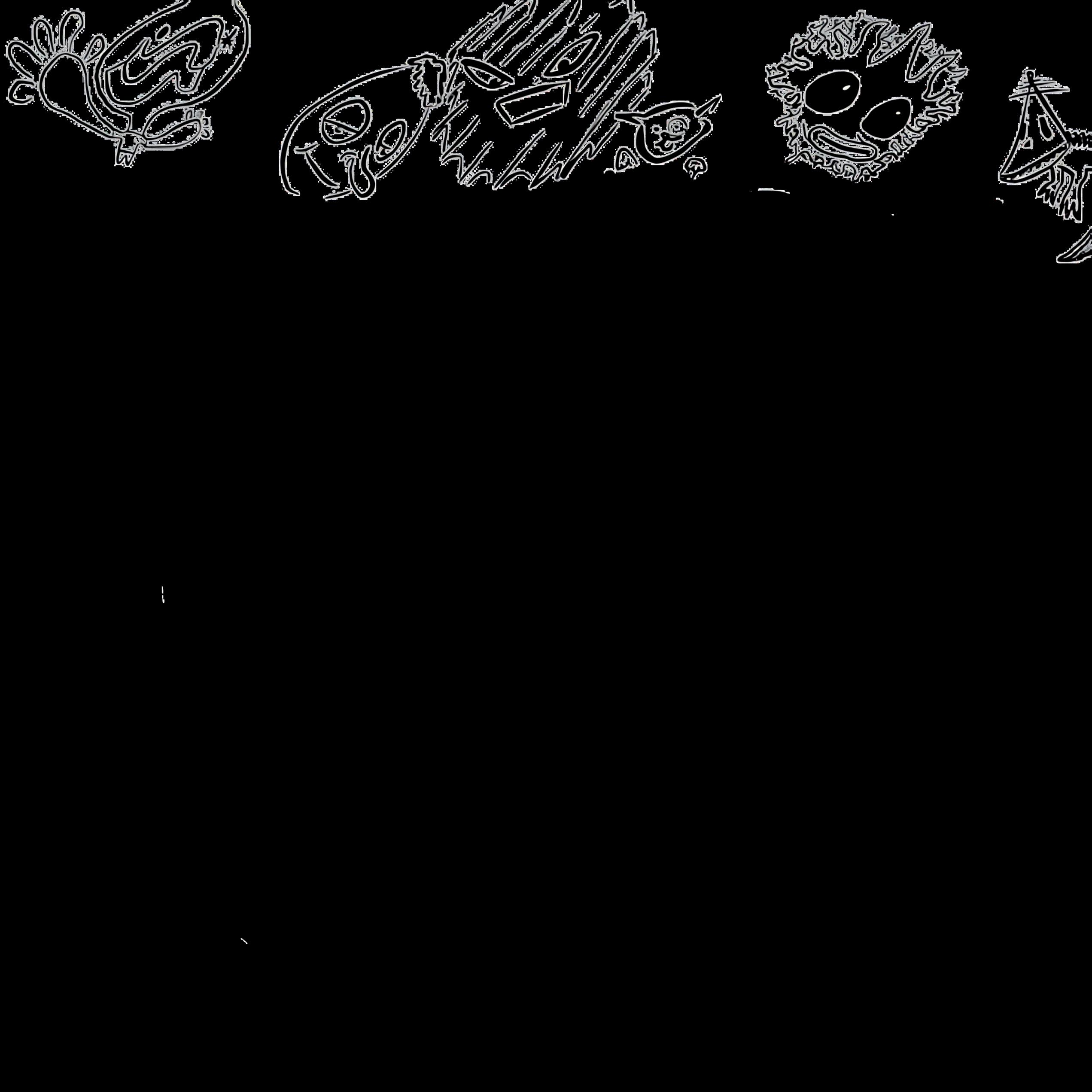


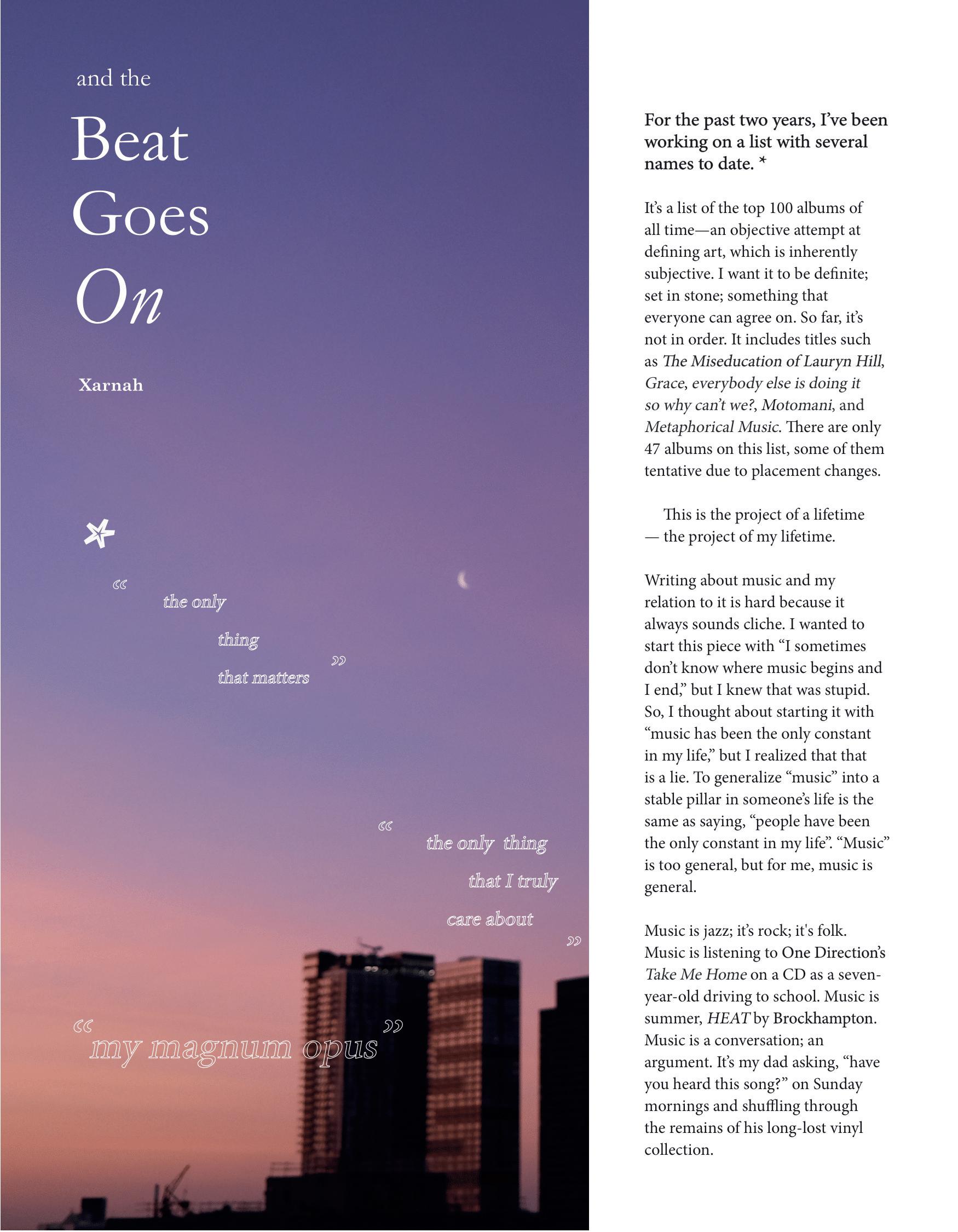

I’ve never really been good at talking to people. I know that sounds like something a kid with too much eyeliner would post on Tumblr, but alas, it’s true. Somehow, though, all my anxiety about saying the ‘right’ thing or not making a fool of myself vanishes the second the topic veers toward music. Having spent my formative years sitting in front of a radio after plundering the CD cabinet, or later shuffling through the audio section of my small town thrift store searching for anything I recognized, it means a lot to me. Even today, I spend half my day with headphones in, blasting god knows what to drown out the sound of my roommate's very loud midnight conversation about economics. Talking about music is a familiar friend, and something that I know enough about to actually pull my weight in conversation.
Questions about favourite bands or albums that changed the trajectory of someone’s life are a saving grace during a painfully awkward silence, and usually end in either some kind of deep conversation or a friendly argument about certain artists. I think you can tell a lot about people from what they listen to, and it helps me gauge whether or not we could be friends. I’ve met the majority of the people I’m close with because we shared similar tastes in music, and got to talking about how much we miss Warped Tour and how Green Day’s most recent album was a complete and utter bust (if you disagree, I’m sorry). Collective nostalgia and/or disdain are powerful forces, and I owe them some of my closest relationships. This is an homage to those people, the spaces in which music has enabled me to meet more of them, and how you can use them to do the same.
“Talking about music is a familiar friend, and something that I know enough about to actually pull my weight in conversation”
Every time I’ve been in line at a show alone, I’ve made friends. There’s something about the shared anticipation of seeing an artist everyone there enjoys that makes it that much easier to forge a connection. The very first concert I attended without my parents was terrifying: I’d been abandoned by the person who’d given me the ticket and had just spent half an hour trying to find them in the rapidly growing line. Anxious about not having anyone more experienced with me, I joined the queue and awaited my fate of spending the night alone. A duo ahead of me was chatting excitedly, one of whom had bright purple hair. I took a shot and complimented them, telling them how cool I thought it looked and how I’d always wanted to dye my hair.
We struck up a conversation, and after telling them my sob story, I was invited to join them for the night. We talked, danced, sang along, and looked for (but never found) my friends. Looking back, I’m still grateful they let me tag along. That experience showed me that people are kinder than you think they are and gave me the confidence to keep talking to fellow concertgoers a couple of years down the line. Unsurprisingly, my fear of going to concerts alone has never faded. A few months back, I attached myself to yet another duo, one of which ended up taking photos for the review I did of that show. These two longtime friends knew more about the band than I did, and we talked about everything from school to crispy chicken sandwiches. We were at the barrier, which meant I got a great view, and she got great photos. They took videos of the opening band I’d come to see so that I could enjoy the moment and even gave me a ride home after everything was over. When I listen to the band now, I think about them and how much better the experience was because I didn’t have to do it alone. Even though these people might be four digits in my Instagram following in a few years, they’ve made the memories of those shows much better.





Of course, show lines are sadly not the only places I exist. Online spaces are ideal for finding people with similar music tastes or general interests. Though mostly a dramatic and emotionally scarring experience, I did emerge from the Discord trenches with one of my closest friends. We originally bonded over liking the same bands, many of which were the byproducts of an all-consuming emo phase that never fully left. We became close quickly and stuck together through the disintegration of our collective friend group. Apparently, a mutual love for Blink-182 can withstand pretty much anything. Three years later, we still talk often about what we’re listening to or what guitar part they’re learning. Even with a border and a time zone between us, they’re still one of the most important people in my life.
Back in the real world, U of T has been a great way to find people willing to discuss music. Whether in an actual course, through Demo, or other groups on campus, there are many spaces tailor-made for socializing with people. Open mic nights and other performances have allowed me to talk to several local musicians, which is great socially and for involving myself in the local scene. Aside from that, just asking what kind of music someone likes will sometimes bring them to tell you about the band they’re in. This community is full of talented musicians and people with different tastes, making it easy to find someone who enjoys the things you do. I met someone recently just because they brought up Pete Wentz in passing, which sparked a conversation about Fall Out Boy and the scene they were a part of. Though it’s much easier when you know people like the same things as you, it is also possible for it to occur naturally.


“All I had to do was type a greeting or say hello, and I think that’s a pretty small price to pay for so many good memories.”
I know it’s terrifying to strike up a conversation, but when you’re in spaces where common interests with those around you are almost guaranteed, I highly suggest you take a leap of faith. Meeting new people in a big city isn’t always easy, but I’d be willing to bet that most people would be open to making new friends. Perhaps you’ll emerge with an interesting contact, some photos, or even someone who’ll stick with you through it all. I’m eternally grateful for the people I’ve met over the years, and I hope to continue adding to that list. All I had to do was type a greeting or say hello, and I think that’s a pretty small price to pay for so many good memories.








THROUGHOUT THE REST OF THIS ISSUE OF DEMO, you’ll have read my colleagues’ stories about the kinds of random, chance encounters that have shaped their relationships with the music that they listen to. I think that it’s crucial to note that these kinds of ‘happy accidents’ aren’t equally likely to come about in any situation. They’re much more likely to happen when one actively leaves themselves open to chance. And I think that by looking at how musicians can let randomness play a role in their work, we can see how this is true.
If you read any music writing, you’ll often see perfectionism lionised, through the image of the artist who works through the night in the studio fine-tuning everything, trying to get the snare sound just right. I’m not going to act like I’m too good to appreciate some precisionengineered pop music, and I can certainly respect the kind of craft that goes into making music that’s planned and orchestrated down to the minutest detail. However, I think that leaving things open to randomness, to accident and to (mis)fortune can lead to beautiful results, and indeed plenty of incredible music is produced through things like this. The most obvious example would be improvisationcentric genres like jazz, but the nature of the very sound files coming to our ears can be thrown to the wind
There are few things in the history of music that better illustrate the importance of chance than the history of guitar distortion. If you look into any example of distorted sounds prior to when the first pedals were created to make them in the '60s, you’ll find semi-legendary stories about how the sounds were arrived at. illustrations by aya kobayashi
The earliest example of the sound is on “How Many More Years” by the Chicago bluesman Howlin’ Wolf, where the guitarist got overdrive on his guitar by cranking his amp louder than it was meant to be played. In the years following that, a lot of guitarists apparently found their way to new tones for their instruments by simply damaging their own equipment, whether that was accidental, as in the story that the guitarist on the 1951 single “Rocket 88” damaged his amp by dropping it while unloading a van, or purposefully, as in Link Wray’s infamous 1958 single “Rumble,” the aggressive sound of which came from a speaker Wray had poked holes in with a pencil.
Either way, creative musicians took these weird new noises and turned them to the advantage of their songs, with “Rocket 88” becoming a big hit and “Rumble” having such an effect on people that it ended up getting banned from radio due to promoting juvenile delinquency, even though it was entirely instrumental. The kinds of sounds that would define so many rock bands in the decades afterward didn’t come from perfectly organised genius plans, but they came serendipitously.
By pushing their instruments and technology to the breaking point and allowing whatever happened to happen, these musicians accidentally invented whole new genres.
Beyond the potential for the whims of fate to lead us to sounds and musical ideas that a human being couldn’t draw out of their own brain, I think that there’s also something very special to the experience of participating in this kind of musical serendipity, even if the results aren’t particularly profound.
Playing music myself, a lot of my fondest memories are of jam sessions convened without any particular direction or structure.
We’d constantly play songs we barely knew how to play, spin dials and knobs on instruments and effects pedals to see what happened, veer into rhythms just because we thought they were funny. There would be plenty of wrong notes played (at least by me) and clashes and things that sounded awful, but it was a really rewarding activity.
When the conflicting streams of consciousness of everyone playing could be led into the same directions, we could find ourselves playing something that was cool in an altogether unexpected way.

If there were bad results, they were often just as memorable and as much fun to experience as the moments of success in their own way. There’s something about the experience of collectively horribly botching a song with your friends. The piece of recorded music which best captures that is, I think, the cover of the 80s pop song “Take On Me” by the emo band Cap’n Jazz. Singer Tim Kinsella barely even tries to hit the high notes correctly, but you can tell from his voice that he’s having a hell of a time not hitting those notes, and I find it really charming to hear. It’s this kind of approach of throwing things at a wall musically that makes playing music in a group such a fun experience.
There’s something special about picking up an instrument and allowing yourself to simply let things go where they may, especially when one works with the semi-randomness of several other people’s decisions.
If you’re a musician, I absolutely encourage you to participate in this kind of improvisation or just unprepared playing and see what happens; it can be really joyful, and also can build up a strong connection with the people you play with. If you’re not a musician though, I think you can still see the point I’m trying to make. For serendipity to be possible, it’s vital to leave open room for chance and error, and I think that for many people, very much including me, it’s easy to forget that. Particularly in the world we live in today, where algorithms that have been designed to always give us the ‘right’ thing rule our media consumption and we’re exposed to endless examples of people doing everything perfectly, it’s easy to flee from all randomness. But for serendipity to come into our lives, we need to allow things to do things sloppily, haphazardly, and just plain incorrectly, and to let ourselves be taken in the directions that our whims or our friends’ might take us.


4chan is a notorious messaging board known for QAnon conspiracy theories, the emergence of the far-right, and anime degenerates with neckbeards growing faster than their chances of touching grass and interacting with a female in a civil, cordial manner. This digital septic tank and the music industry may be mutually exclusive on the surface, but a fateful thread posted in 2016 builds a formidable Venn diagrambetweenthetwo,spearheading one of the most compelling cases of internet investigations that pieced a long-lost shoegaze band from the late ‘90sbacktogether.
The case of Panchiko wouldn’t have been possible without the advent of the internet. After a user from the UK dug up their seminal EP, D>E>A>T>H>M>E>T>A>L, out of an Oxfam charity bin and posted it on 4chan’s /mu/ board, it took four years for a growing search party to find each member online. Now in their 30s, lead singer Owain Davies, guitarist Andy Wright (who was in South Korea when contacted by Davies to reunite), and bassist Shaun Ferreday were plucked out of their dayto-day routines, hoisted into the industry once more by anonymous netizens to bring Panchiko back. Since the end of the pandemic, the band has toured across Europe and the UK, releasing their new album, Failed at Math(s), in 2023 alongside a companion tour to North America.
We live in an age where the spread of information bullets through algorithms strictly calculated to our taste. While there are many anxieties surrounding the future of technological evolution and its pace, the easy access to investigative tools that search engines can bring closes the large gaps in history—no matter how big or small— that connect us to a bygone era lost to the lamentations of inferior archiving methods.
Unfortunately, even the internet suffers through the deletion of old content, whether it be a regretful Facebook status update or a blog collecting dust and $20 from your bank account for monthly domain fees. Now more than ever, archiving and keeping lost content is necessary for the survival of digital cultural artifacts—including your defunct Ask.fm logs. The raw vulnerability of music resonates with the very heartstrings of your finsta vents, and in some ways, keeping those memories is vital in preserving the tapestry of our beautiful life on this big, blue planet.
To understand how music can be lost, you have to dive deep into the origins of how the human voice can be captured and preserved in the first place. Most often think of the cylinder phonograph as the first tool to record sound, but this was not the case.
Nearly two decades earlier, Édouard-Léon Scott de Martinville patented the phonautograph in France. Scott de Martinville recorded someone singing “Au Clair de la Lune” in 1860, while Edison’s phonograph produced a recording of “Mary HadaLittleLamb”in1877.
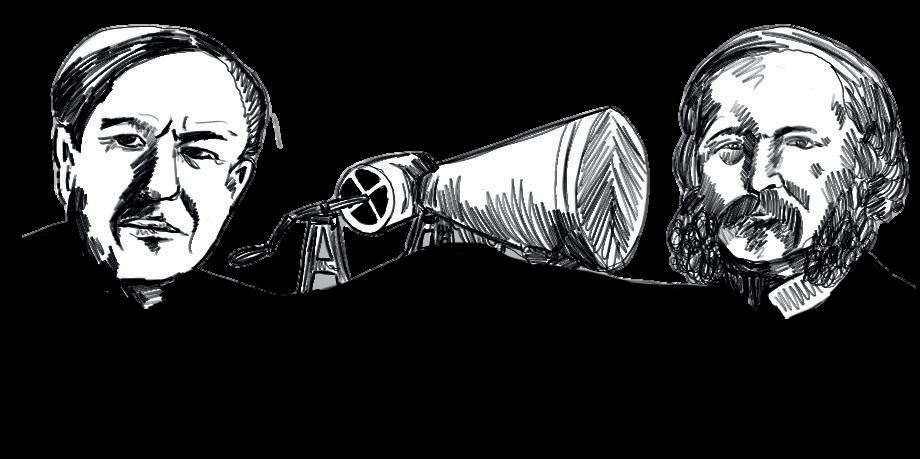
In both cases, music was never the target. Bothhadvisionsoftheirinventionsbecoming the progenitor of a new normal—a world where notetakers didn’t hold the burden of rapidly jotting down speech to text. However, despite choosing nursery rhymes as a test piece, Scott de Martinville and Edison didn’t realize the sheer impact their creations would have on music. From a shoddy tinfoil cylinder that only gargled static and noise all the way to the crisp, clear production demanded by artists today, the path that musicians would tread was set in stone. Voices of the past could now be kept and played back in a loop, and it would only take another decade until Emile Berliner created thefirstcommerciallysolddiscrecord.
Unfortunately, Berliner’s first disc record was lost in time, but Scott de Martinville and Edison’s recordings were revived through meticulous efforts to transcribe their recordings via software that translated these artifacts into digital audio. The earliest human recordings can now be heard through reuploads on YouTube, allowing us to listen to “Au Clair de la Lune” and “Mary Had a Little Lamb” in the same way Scott de Martinville and Edison captured centuries ago.
Though these recordings may not be your next favorite single, it’s worth noting that the common denominator between the French and American proto-audio engineers was music. The irony here is that both aimed at preserving voices, yet their own recordings gotlostinthetrenchesofhistory.
The poster boy of lost music is a cartoon of a timid, frog-like alien with two protruding eyes, reflecting a meek, nervous tick as it reluctantly asks, ‘Hi, how are you?’. Daniel Johnston’s unfinished, self-released album is the pinnacle of raw, authentic self—a lo-fi window into his mind, thoughts, and feelings. For Johnston, music was always in the background. What mattered to his teenage self was access to an outlet, done ceaselessly through recording his ramblings in cassette tapes, later adding accompaniments such as keys, guitar riffs, and percussion. He would then turn these diary entries into heartfelt songs, handing meticulously re-recorded variations to everyone he encountered, among them a zeal of friends, family, record executives, andstrangersalike.

The difficulty in tracking Johnston’s original recordings lies in his painstaking process of rerecording every material he had, carefully curating his sound and voice based on his tapes’ receivers. Thanks to Johnston’s late manager, Jeff Tartakov’s efforts, most of his original recordings have been successfully revived and archived. Commendably, Johnston’s tapes are one of the most unbridled accounts of humanity, sharing all of his fragile vulnerabilities with the rest of the world. Apart from inspiring industry hard-hitters such as Nirvana and Sonic Youth, Johnston’s tapes evoke a quintessentially honest memorabilia of the anguish and schadenfreude of life. Through sheer empathy, Johnston’s career spanned an entire lifetime until he died of a suspected heart attack at 58. A young Johnston in the ‘80s may not have seen the foresight that his tapes would accomplish, but it’s undoubtedly a powerful phenomenon to observe something so personal spiral into world arenas and festivals, a naked truth confronted by people who share his woes in an everlasting community of solace that
Thankfully, a site dedicated to searching for lost MySpace music, appropriately named Lost MySpace, has made this task easier. Nonetheless, the end of a budding music scene specifically entrenched in the backwater of a digital diaspora deserves a proper mourning period. As the pioneer in expanding the accessibility of music, MySpace has achieved nothing short of connecting global audiences to musicians with a click of the mouse. The disappearance of the platform and its subsequent erasure of those who didn’t “make it” reflect both the harsh reality of the music industry and the growing difficulties that come with the convenience of uploading anything online. Wiping everything off the internet has become as easy as creating an account and sharing basement recordings of rudimentary songs compiled in adolescence. The saturation of acts on the internet has also made archiving every single lost artist, album, or song a difficult feat. Lost MySpace has managed to create a database of over 450,000 recovered music, but that’s a small fraction of the musicians we lost in the closureofMySpace.

The early days of the internet are a manifestation of Johnston’s personal audio diaries. At its center was MySpace, a social media platform branded as an ancient relic by those born in the post-9/11 world. As a precursor to Facebook, Twitter (I refuse to call it ‘X’), and Tumblr, MySpace was a hellscape of unfiltered idealogues. With the added benefit of sharing photos, videos, and audio files online, musicians began taking up the task that Johnston has demonstrated in his tapes on altered heights, directly uploading their music on MySpace. Evident in the success stories of the Arctic Monkeys and Ed Sheeran, MySpace as a platform has been pivotal in the direction of music management. While record labels still hold a tremendous amount of leverage in the avenues of success they can throw signed artists into, the undeniable truth is that social media has become the new normal for budding musicians to share theircraft.
With the advent and downfall of MySpace comes a plethora of lost artists who could break the digitalmarket,leavingnoanalogtrailstotrack.
NASA launched a golden vinyl into space in 1977, containing sounds and images reflecting Earth’s diverse cultures. 9Gag attempted to do the same by carving a limestone full of outdated memes from the 2000s. Call it cringy or true, but our obsession with leaving remnants of ourselves for a future generation is tantamount to what makes us human. In a way, the growing futility of archiving and searching for every single tidbit of lost music, with the hopes of recreating an inspirational success story such as Panchiko’s, is, in itself, a serendipitous showcase of the foresight and empathy that defines our species. A perpetual yearning for the past alternatively fuels and informs our prospects for the future. No more is this human marvel evident than in our keen efforts to keep the music of the past alive, transcending through time into a perennial continuum. Our parents have passed their favorite artists to us, which was passed onto them by their parents and beyond. Of all the mediums out there, music is the one that withstands the test of time and will continue to do so as the internet evolves. Now that you’ve reached the end of this piece, perhaps it’s time for you to compile your musical archives or embark on a relentless search online into the deep rabbit hole of lost music—but before you do that, I’d like to ask you a question.






aya kobayashi article by:
design by: dominic le
, there is a serious imperative for all musicians to care about the share of music listening and creation controlled by our capitalist reality, as presented by Mark Fischer. This is not capitalism as in commerce - but rather the reality where populations are reduced to numbers, art is reduced to prices, and cultures are funneled into trendy pieces. In this socially incellic world, most musicians will find that plucking at their heart veins for meaning is no longer as feasible as following recipe advice from the internet to get a more statistically higher picture of themselves.
There was a desire to write about punk music and what can be learned from the death of this anti-genre genre towards the maintenance of anti-capitalist practices, but upon reading The Death and Life of Punk Music by Dylan Clark, this thesis became duplicative. Clark’s account was that the classical punk of the 70s was rapidly defeated by its purposeless negative rebellion and its contradictory need to be an anti-genre within music. These defining traits including seemingly indigestible clothes and mannerisms were in the end easily repurposed into trends and then numbers for market dick measurements. Clark noted that rising from this hopelessness was postpunk. Reflective of the perceived dullness in the singularity of this attentional deficit generation, post-punk does not need to be loud and shut down. Instead, it is nameless, lawless, and only knowingly sociable to its scene, emphasizing the purpose of punk by promoting anti-racism, anti-sexism, and environmentalism within their own community while ducking capitalism’s youth whistle.

Because there’s no better way to start your music career!
Preface: EPs are preferred because they are more unpredictable than the other options which should provide more creative range
Preparation: You want a muse with exactly 532 instagram followers Never tell them the truth and imply to them that you just don’t like music
1. Do some background research!
Ask around this scene that everyone talks about. Where’s the cheese? Who sells it? Once you’ve got the fat rat in your palms, you want leverage Before it squeaks, you want to move on to readying your next trap
2. Juice your inspiration
Be it your own life, your muse, or some other sweet, moist, word farm You know what details do for novels? They make the story feel realistic, so the nuance can shine Music is neither here nor there The proof is in the cheese!

3 Make the rat write songs for you

remystastysoop 532 followers
When you try writing an EP but you forgot to feed the rats that write it for you

Why not? The rat knows the people who listen: the nuance The rat speaks your language: the details. Well really, you don’t know the people but that only makes the nuance more magical






Punk was an ideological movement that musically progressed towards post-punk, but along its path, some claimed that it was worth preserving the sound of punk. Hardcore is to punk what hair metal is to heavy metal or Elvis impersonators are to Elvis in that it parodies its golden age. Veterans would know that this sound lost its prophesied power, but under a post-punk analysis, barring hardcore from post-punk’s meaningless power seems snobby.
Now, seeing hardcore to post-hardcore reveals stabbings of the underside of resistance’s progression being failure to struggle. Rites of Spring’s changed from Minor Threat’s rebellious formula to simply acknowledging their situation and perhaps accepting their emotions. Following emo acts describe intuitively sad or frustrating scenarios lined up for acceptance. This formula is not new but following punk's angry tradition and post-punk sense of finality feels unendingly desperate.
4 Think hard about whether you should hire a mastering engineer





5. Clean up some stuff ethically Mastering engineers are expensive What they do to the audio file can be generalized into the sentence “make it louder”. Do we really want to include one of those? Another tip: humans are a liability and emotional Think hard about this A pros and cons list might help
Look at a point form description of your operation What properties are not punk? Can they be called post-punk instead or would that be too complicated for our target audience?
6 No gimmick or a gimmick? Gimmicks are really meaningless but in a sort of roundabout way they just make sense There really is no meaning in your music If you have a gimmick, try to make sure that it is new, or maybe if you’re lazy, just do some classic anti-rebellion (romanticizing drug abuse, sex addiction, violence, overall lack of hygiene, etc) and call it punk! It means nothing anyways!







A surprising influence of math rock, an unsurprising seedling of post-hardcore, is minimalism in classical music. This is a tradition that breaks down the significance of individual melodies to present meaning in the texture of the sound. Ambient music replies to its predecessors by filling all gaps in sound that can be relativized by traditional standards and contextualizing itself.
In comedy, this is the audience laughing at who the comedian paints themselves to be, rather than the joke told. Maybe this is a comeback of the older jester whose role is humour for the upper abled or maybe this is a step from comedians being holistic individuals who tell jokes towards the acknowledgement that the individual is inaccessible and that the separation makes the listeners safe because no one blames the jester, but you are allowed to blame the comedian for having bad taste; The world putting framing jokes versus the comedian framing jokes.
These are usually the necessary steps that some of the people who make it big complete If music doesn’t work out, that’s okay It is just another thing Move on to something else?..




8 Rats Under $10 That’ll Turn Your Songs Into The Next Anarchist Anthem





Many sources *wink* will tell you that the modern day rage is gloom which seems like from the past period we are going from rebellion to acceptance and from agency to conformity but gloom does not need to be a contrast to rebellion or agency.
Rebellions when they are there are an imbalance of people on either side.







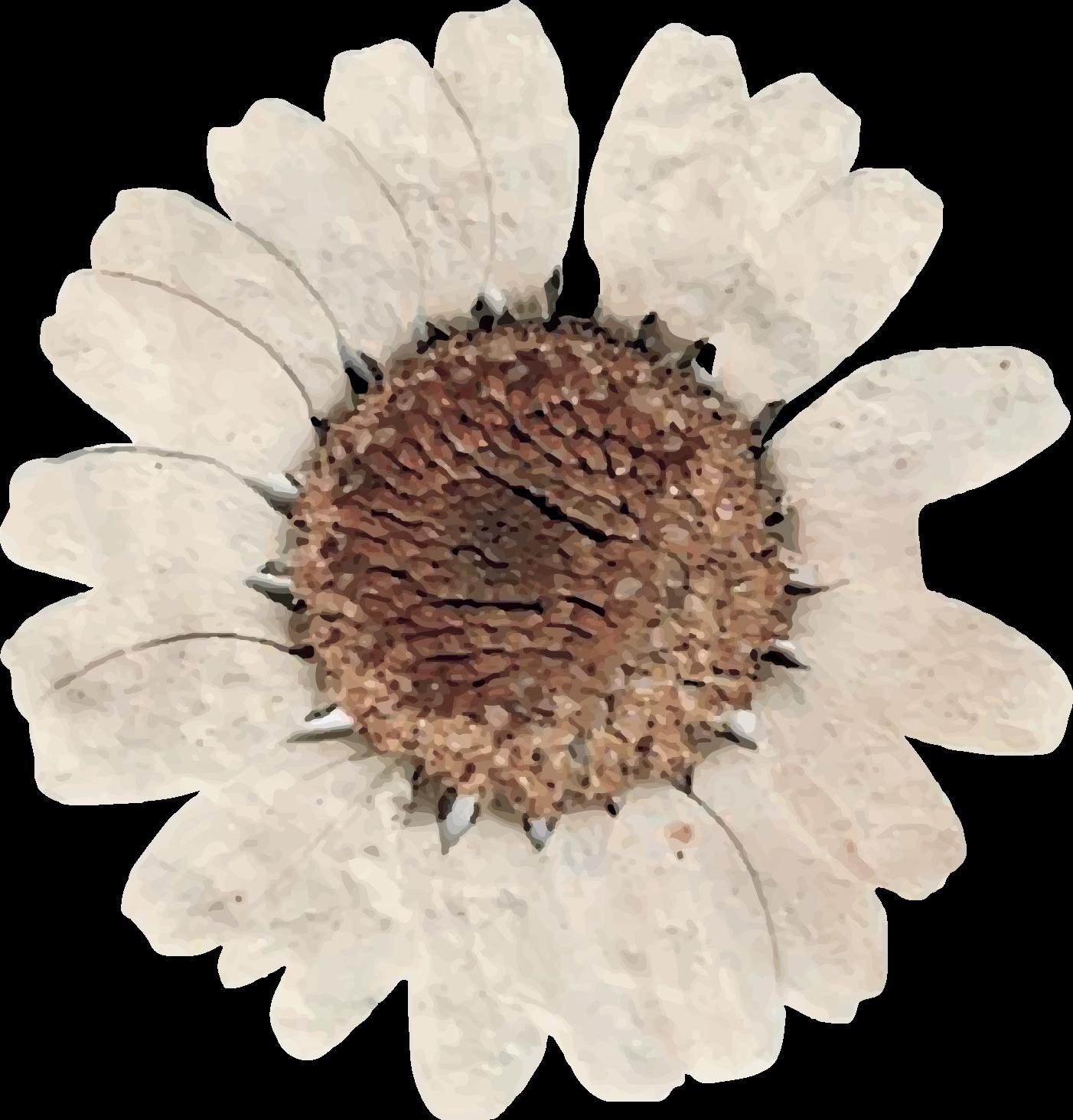




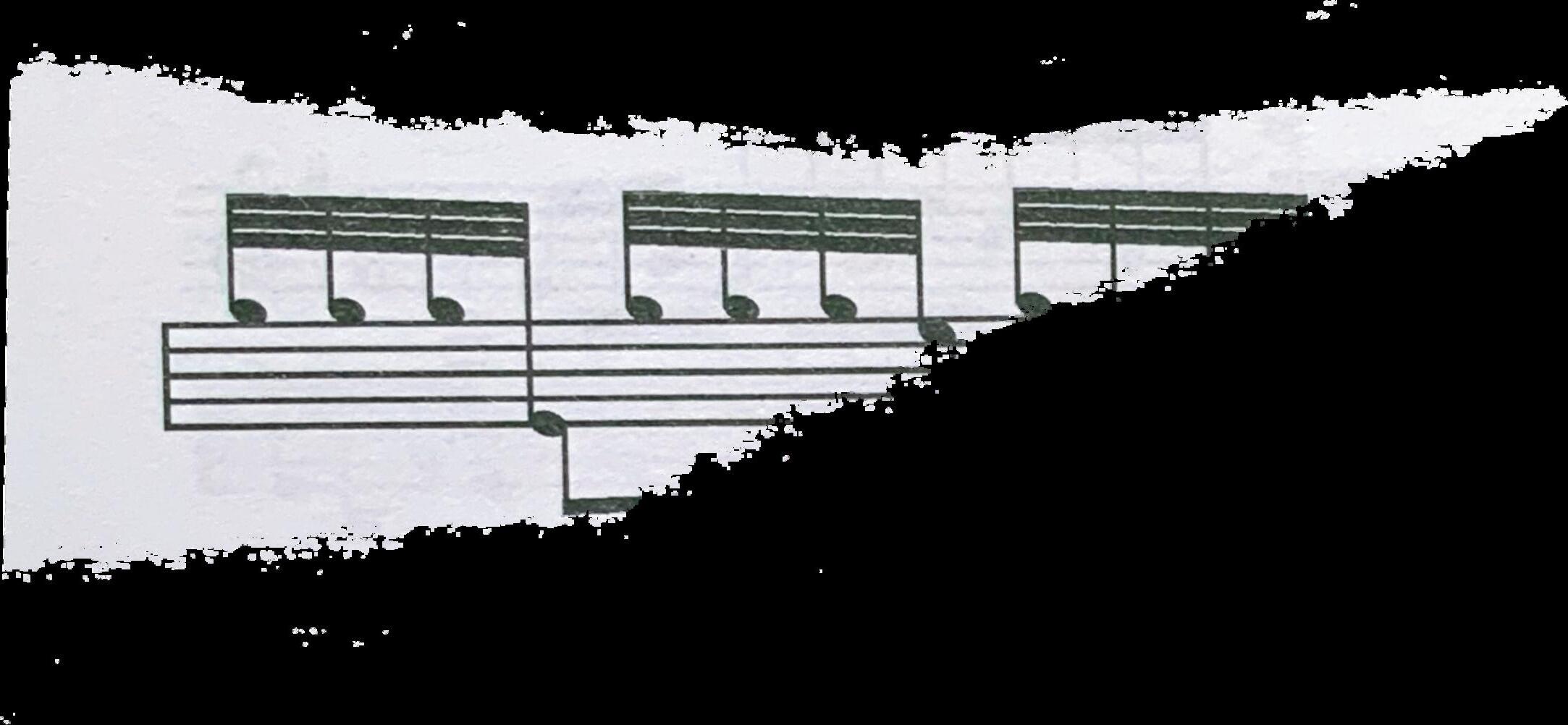

ONDECEMBER11,2023, DEMO launched a survey that attempted to record the listening patterns and Spotify Wrapped results of UofT students. While the results were initially supposed to be out before 2023 ended, we thought it would be interesting to visualize last year’s listening patterns, thus painting a vivid, somewhat rich picture of the UofT student body’s listening habits (also, we kind of forgot about this survey, to be perfectly candid)























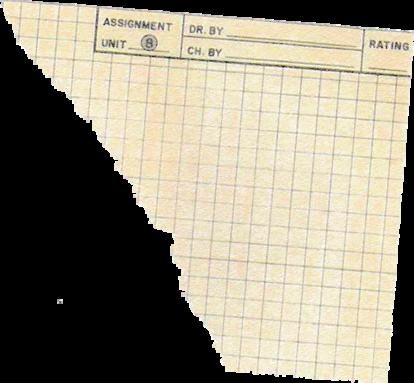
COMMONZALBUMS APPEARINGZINZTOPZ3s:






HOWZMANYZMINUTESZDIDZYOU LISTENZTOZMUSIC?
0-20,000 8.6%
80,0001-100,000 22.9%

60,001-80,000 8.6%

40,001-60,000 20%







20,001-40,000 31.4%




IRL FRIENDS, TWITTER, FANTANO, RYM, INTERVIEWS WITH ARTISTS I LIKE. EXCITEMENT, JOY FOR THE TIME WE LIVE IN AND HOW MUCH POSSIBILITY HASNT YET BEEN EXPLORED IN MUSIC. SOMETIMES I GET SAD THOUGH, CUZ SOMETHING WILL EXECUTE AN IDEA I HAD THAT I COULD NEVER HAVE EXECUTED THE WAY THE SONG DOES






HowZdidZyouZdiscoverZmusicZinZ2023?ZWhat DoZyouZfeelZwhenZyouZdiscoverZmusic?

FAVOURITE“IWOULDLISTENTOMYSONGS/ALBUMS ANDTHENTURNONAUTOPLAY RECOMMENDEDTOSEEWHATISFORME.IFEELDISCOVERVERYINSPIREDWHENIMUSIC,ITDRIVES MYCREATIVEPROCESSAND EVENCONTRIBUTESTOMY DAY-TO-DAYMOOD.ILOVE HOWASONGCANALWAYS CHANGEHOWYOUFEELINA

THROUGHUSUALLYIDISCOVERMUSIC SEEINGASKINGMYFRIENDSOR MUSICRECOMMENDEDWHAT’SBEINGONLINE/FROM PUBLICATIONS.ITENDTO INBEPRETTYSTAGNANTSOMETIMES ENDMYMUSICLISTENINGANDWILL FEWUPLISTENINGTOTHESAME LISTENINGALBUMSFORAWHILE.SO TONEWMUSICISLIKE GETTINGOUTOFTHATRUTAND LISTENINGREMEMBERINGWHYIENJOY THETOMUSICSOMUCHIN FIRSTPLACE.













We asked you, yes YOU! Where in the world (North America) Spotify pinpointed your taste. Based on extensive research (Reddit), here are the wildly broad, likely incorrect assumptions we made about UofT’s little ol’ sound town (village, really).


Berkeley, CA

Berkeley: 19.2%
Associated w/: Pop, summery vibes, NewJeans



Santa Cruz, CA

San Luis Obispo, CA

Santa Cruz: 19.2%
Associated w/: Alt-rock, Doc Martens, Cocteau Twins

San Luis Obispo: 3%
Associated w/: Alternative, Out-ofthe-box, Tyler, the Creator


Burlington, VT
Burlington: 30.7%

Associated w/: Indie-pop, Rustic vibes, Noah Kahan





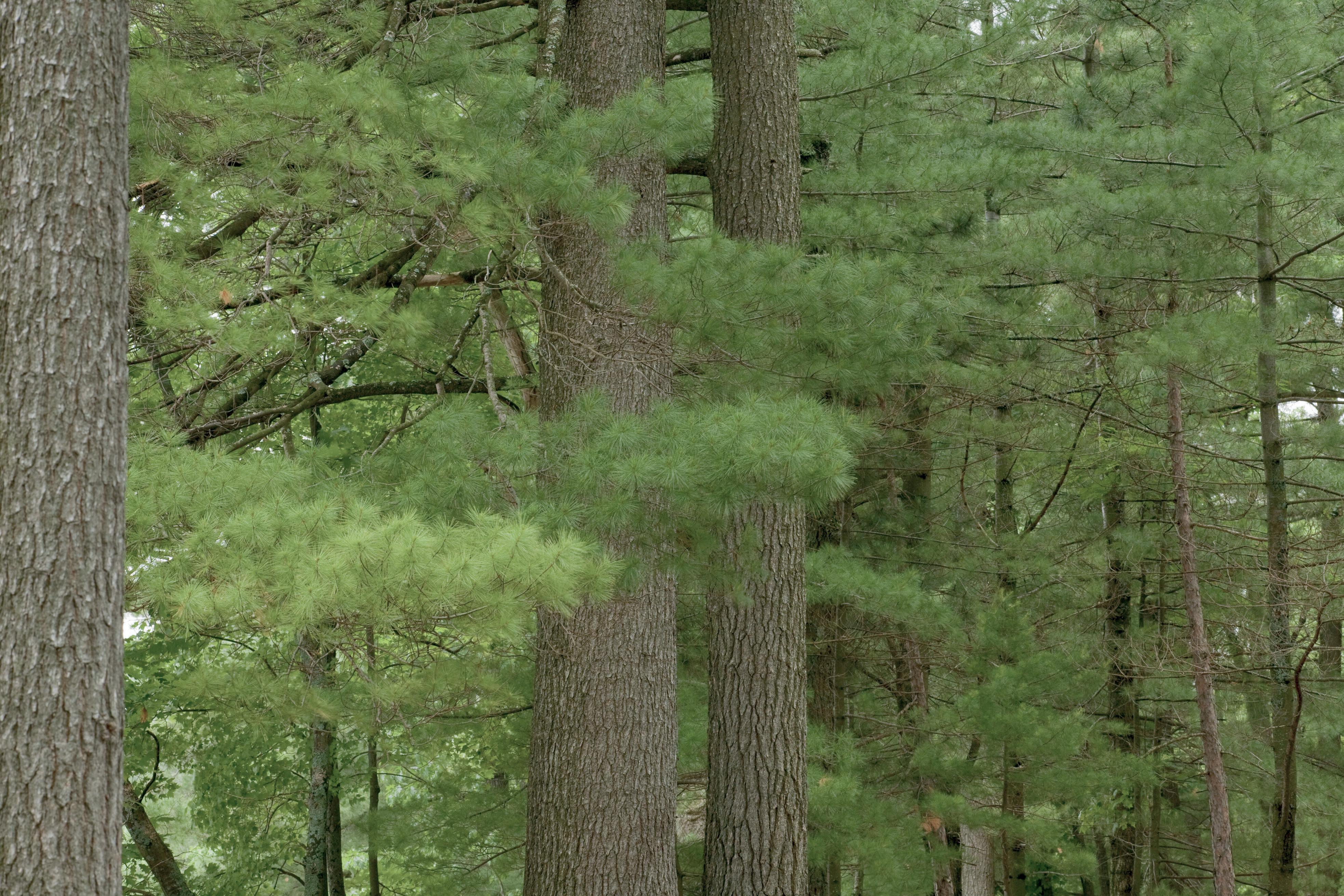




Provo, UT



Provo: 7.7%
Associated w/: Unapologetically Pop, Small-Town Narratives, Taylor Swift








Pittsburgh, PA

Madison: 7.7%
Associated w/: Alternative-folk, Twangy melancholy, The Mountain Goats

Pittsburgh: 3%
Associated w/: Midwest Emo and Metal, Cozy Sweaters, Deftones


Eugene, OR



Eugene: 3%


Madison, WI

Flagstaff, AZ

Associated w/: hip-hop, Underground, Earl Sweatshirt





Kingston, ON
Kingston: 3%

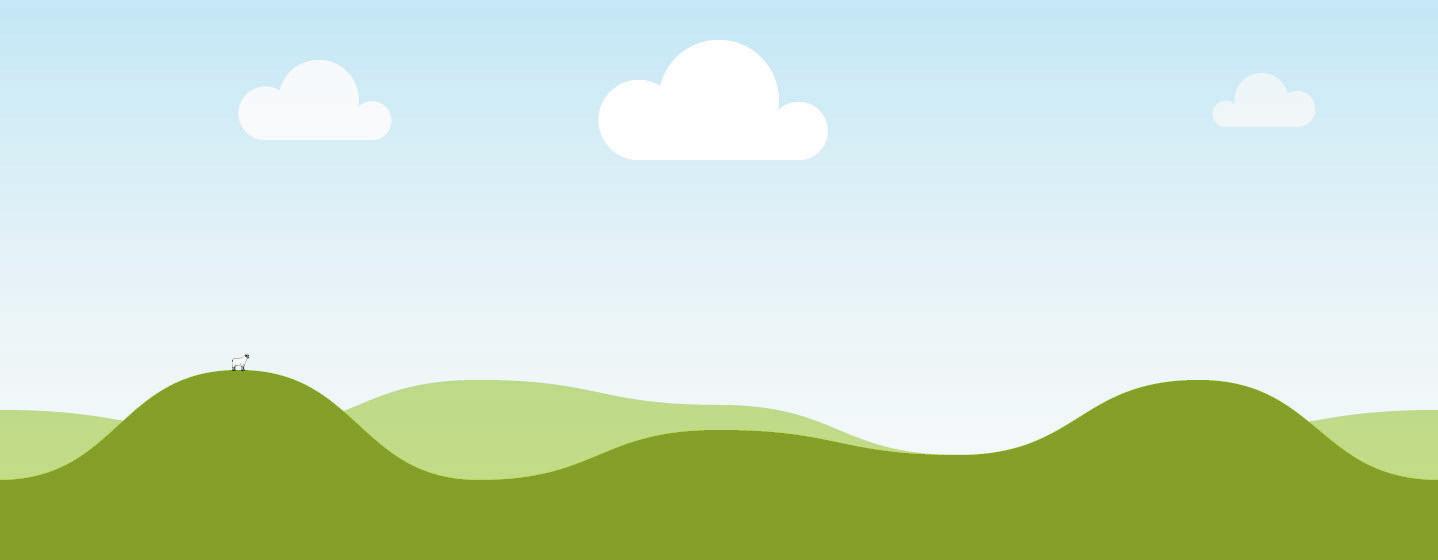

Flagstaff: 3%
Associated w/: Alt/Indie, 2014 Tumblr-coded, The Strokes
Associated w/: Rock, Canadian-as-all-heck, The Tragically Hip




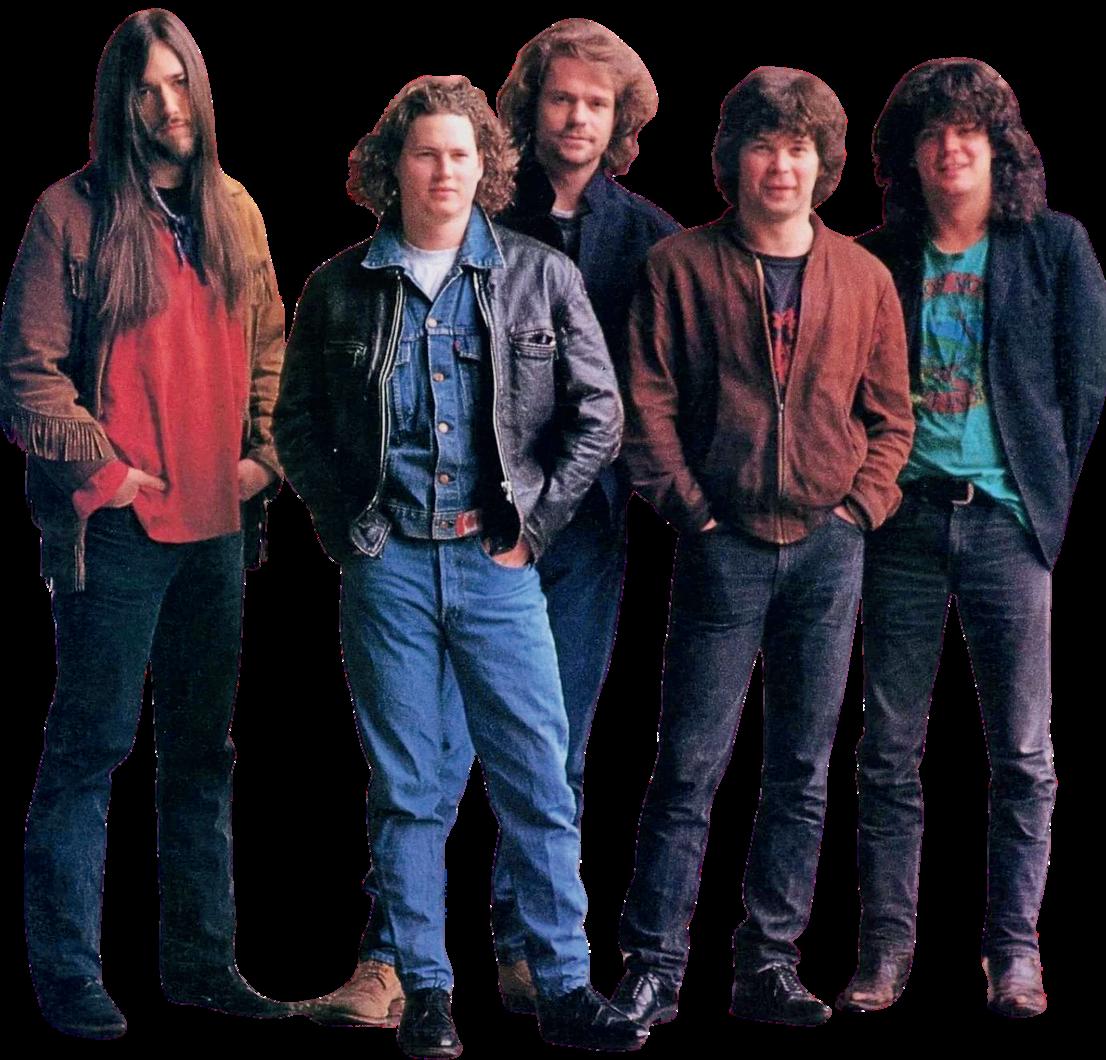


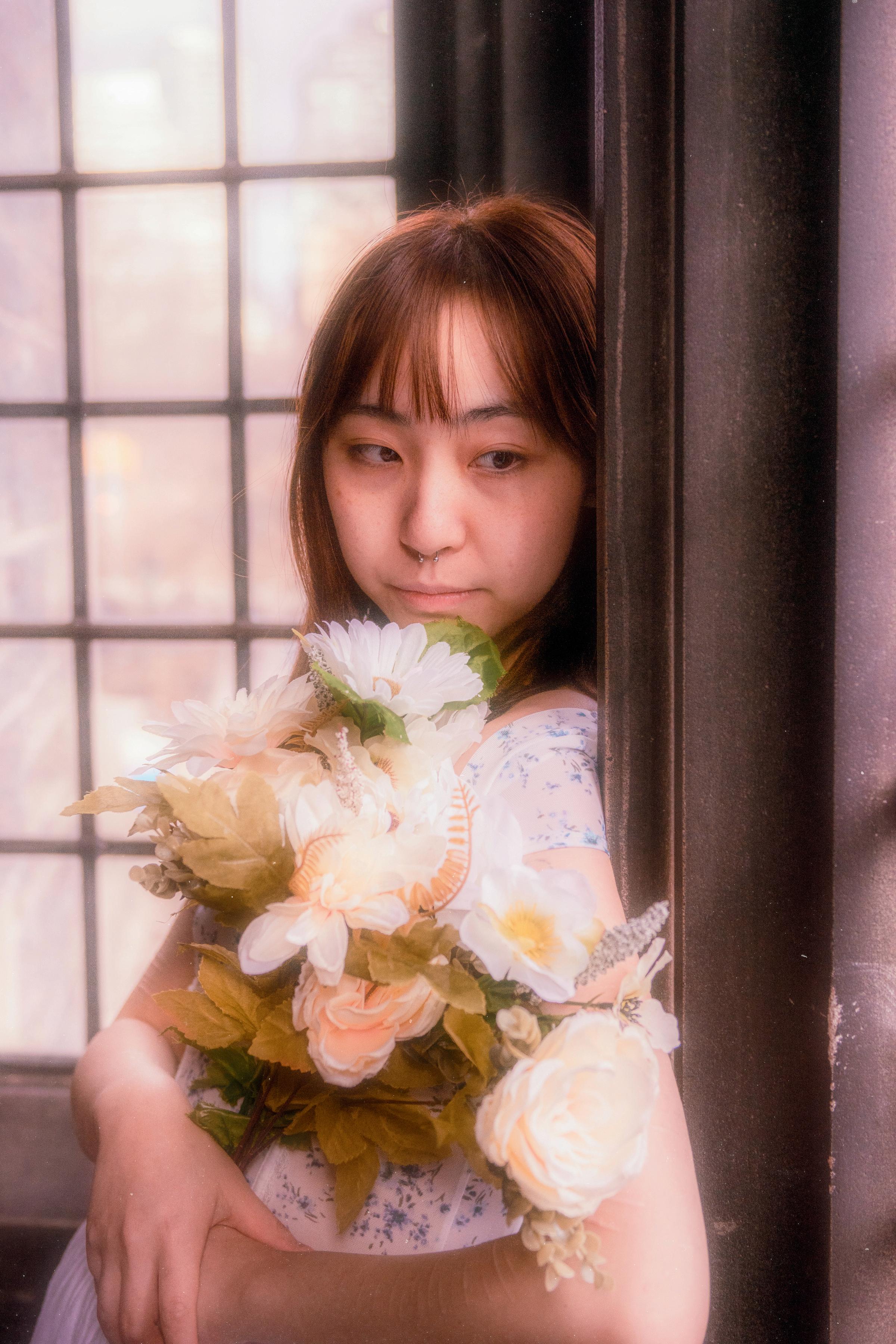






DEMO ISSUE #20: SERENDIPITY
DESIGN:
YOU CAN’T TELL, BUT I’M NOT REALLY HERE: AN ODE TO 6DOGS
UOFT SOUND TOWN
FINAL THANK YOU!
EDITING:
SCIENCE, LOVE, SIOUXSIE SIOUX, AND OTHER THINGS MY DAD TAUGHT ME BY RAE JOHNSTON
HOW INSTA STORIES CHANGED MY LIFE BY JEANNE POLOCHANSKY
ECOTONE ORCHESTRA V.S. UN-NOWEN-NO: LIVE FROM THE GORILLA STORE BY JONAH PAGE
DESIGN:
ECOTONE ORCHESTRA V.S. UN-NOWEN-NO: LIVE FROM THE GORILLA STORE BY JONAH PAGE
EDITING:
FRIENDS I’VE MADE THROUGH TALKING ABOUT MUSIC (AND HOW YOU CAN DO IT TOO) BY FINCH STRUB
POST-PUNK PANPSYCHISM BY DOMINIC LE
DESIGN:
SERENDIPITY IN LOVE BY NATHAN AGUSTIN
LETTING MUSIC HAPPEN BY HAYDEN ZAHARY
LADY LUCK IN LOST MUSIC: THE TRIALS AND TRIBULATIONS OF ARCHIVING
POST-PUNK PANSYCHISM BY DOMINIC LE
CARE TO LEND AN EAR?
TABLE OF CONTENTS CREDITS
EDITING:
THE POWER OF E-MO-TION: A LOVE LETTER TO CARLY RAE JEPSEN BY ANNISA AZHAR
SERENDIPITY IN LOVE BY NATHAN AGUSTIN
AND THE BEAT GOES ON BY XARNAH STEWART
JELEENA JOHNSON
DESIGN:
THE POWER OF E-MOTION: A LOVE LETTER TO CARLY RAE JEPSEN BY ANNISA AZHAR
DESIGN:
AND THE BEAT GOES ON BY XARNAH STEWART
DESIGN:
SCIENCE, LOVE, SIOUXSIE SIOUX, AND OTHER THINGS
MY DAD TAUGHT ME
DESIGN:
FRIENDS I’VE MADE THROUGH TALKING ABOUT MUSIC (AND HOW YOU CAN DO IT TOO) BY FINCH STRUB
RAHAT MIZRA
DESIGN:
HOW INSTA STORIES CHANGED MY LIFE BY JEANNE POLOCHANSKY
